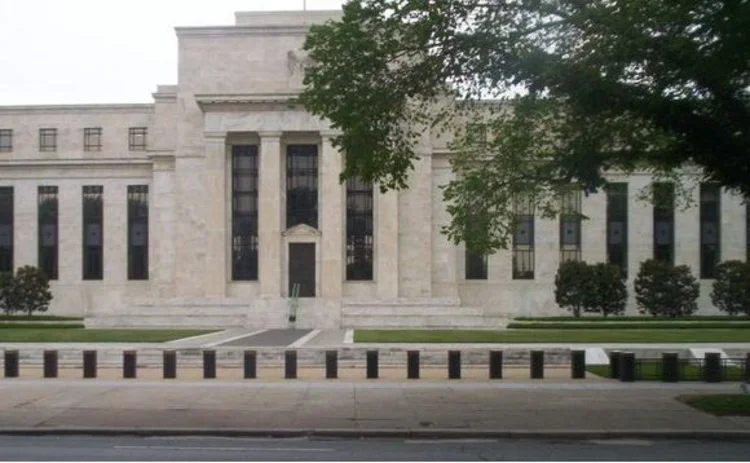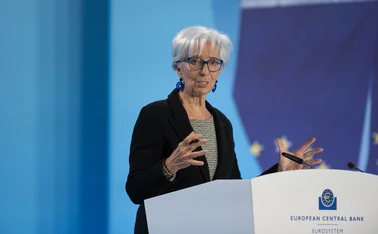
Exogenous financial shocks should factor into monetary policy: Dallas Fed paper

A Dallas Federal Reserve paper, published on Friday, shows that optimal monetary policy should respond to exogenous financial shocks that impact interbank lending spreads.
Scott Davis and Kevin Huang, the paper's authors, use a model with risk and balance sheet effects in both the real and financial sectors to examine whether central banks should respond directly to financial market conditions when setting monetary policy and, if so, how much weight should be placed on interbank lending spreads
Only users who have a paid subscription or are part of a corporate subscription are able to print or copy content.
To access these options, along with all other subscription benefits, please contact info@centralbanking.com or view our subscription options here: http://subscriptions.centralbanking.com/subscribe
You are currently unable to print this content. Please contact info@centralbanking.com to find out more.
You are currently unable to copy this content. Please contact info@centralbanking.com to find out more.
Copyright Infopro Digital Limited. All rights reserved.
As outlined in our terms and conditions, https://www.infopro-digital.com/terms-and-conditions/subscriptions/ (point 2.4), printing is limited to a single copy.
If you would like to purchase additional rights please email info@centralbanking.com
Copyright Infopro Digital Limited. All rights reserved.
You may share this content using our article tools. As outlined in our terms and conditions, https://www.infopro-digital.com/terms-and-conditions/subscriptions/ (clause 2.4), an Authorised User may only make one copy of the materials for their own personal use. You must also comply with the restrictions in clause 2.5.
If you would like to purchase additional rights please email info@centralbanking.com







